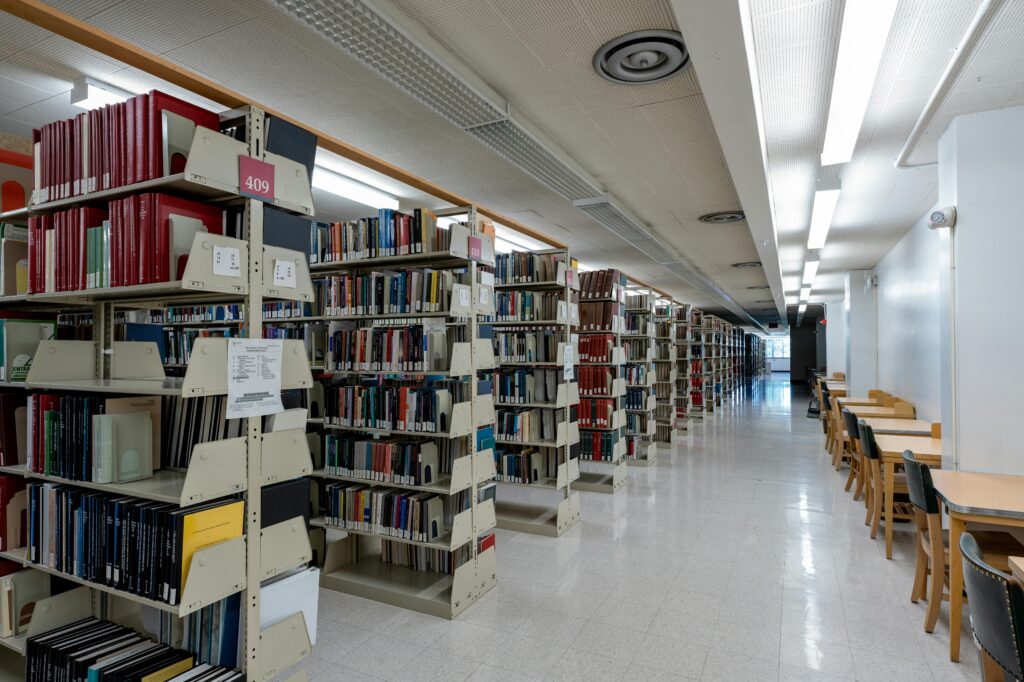A powerful open letter has recently stirred the literary world, calling for a reexamination of the Republic of Consciousness Prize’s criteria to better honor translated works. This initiative—sparked by concerns over the recognition of exemplary translations such as the Melvill translation—aims to shine a light on the invaluable role of translation in enriching contemporary literature.

A Legacy of Literary Innovation
The Republic of Consciousness Prize, long celebrated for its support of small presses and innovative literature, has become a beacon for writers who push creative boundaries. Established to recognize works that defy conventional narratives, the prize has empowered emerging voices. However, its current framework has come under scrutiny for overlooking the significant contributions of translators who make these works accessible to a broader audience.
The Power of Translation
Translation is far more than a linguistic exercise—it is an art form that bridges cultures and opens new worlds to readers. Exceptional translations not only preserve the essence of the original text but also inject fresh perspectives that can resonate in different cultural contexts. Yet, translators often remain in the shadows, despite their role in amplifying the reach and impact of literary works. The open letter argues that this oversight diminishes the true spirit of the prize, calling for a more inclusive approach that values translation as a form of creative expression.
The Open Letter: Demands and Dialogue
Authored by a collective of literary scholars, translators, and small press advocates, the open letter criticizes the current selection process and advocates for significant changes. Key points raised include:
- Equal Recognition: Translated works should be evaluated on their artistic merit just as original texts are. The letter specifically highlights instances like the Melvill translation, which exemplifies the depth and nuance that skilled translators bring to literature.
- Enhanced Criteria: The prize’s guidelines should be updated to reflect the challenges and creative choices inherent in translation. This includes acknowledging the translator’s contribution as a co-creator of a work’s new life in another language.
- Broader Inclusivity: By embracing diverse linguistic backgrounds, the prize can foster a more global dialogue, enriching the literary landscape with voices from all corners of the world.
This call to action has resonated widely, igniting conversations across literary circles and prompting many to question traditional boundaries within literary awards.

Community Reactions and Industry Impact
The open letter has sparked a robust debate among authors, translators, critics, and academic experts. Many applaud the initiative as a long-overdue correction to an outdated system. Notable voices in the literary community argue that:
- Translators are Unsung Heroes: Their work not only makes literature accessible but also transforms it, often infusing new cultural and contextual layers that deserve recognition.
- Innovation Requires Diversity: Small presses and translated works offer fresh, often unconventional perspectives that are vital to the evolution of literature. Recognizing these contributions can inspire more diverse and experimental works.
- A Step Toward Global Dialogue: Updating the prize criteria could set a precedent for other literary awards, paving the way for a more inclusive and interconnected global literary community.
Moreover, industry insiders point to potential benefits for small presses, whose innovative projects frequently rely on translations to reach international audiences. A revised prize structure could lead to greater support and visibility for these independent publishers.
The Road Ahead for Literary Awards
If the demands of the open letter are met, the Republic of Consciousness Prize could become a transformative force for literary awards. Embracing translated works would not only honor the artistry of translation but also signal a broader commitment to celebrating global voices. In turn, this could inspire other awards to reexamine their own criteria, fostering a more inclusive literary culture that values creativity in all its forms.

Frequently Asked Questions
1. What is the Republic of Consciousness Prize and why is it significant?
The Republic of Consciousness Prize is a prestigious award that recognizes innovative and groundbreaking literature from small presses. It has played a crucial role in supporting experimental voices and challenging conventional literary norms.
2. Why has an open letter been issued regarding the prize?
The open letter calls for a reevaluation of the prize’s criteria to ensure that outstanding translations are given equal recognition alongside original works. It argues that translators—exemplified by works like the Melvill translation—are essential in making literature accessible and enriching the creative process.
3. How might changes to the prize impact the literary community?
Revising the prize criteria to better include translated works could lead to greater visibility and support for small presses and international literature. This shift would promote a more diverse and global literary dialogue, recognizing the collaborative nature of translation and its vital role in cultural exchange.
As the conversation unfolds, the call for inclusivity in literary awards promises to reshape how we value and celebrate creative work. By championing the art of translation, the Republic of Consciousness Prize could pave the way for a richer, more interconnected literary future.
Sources Rochester University


